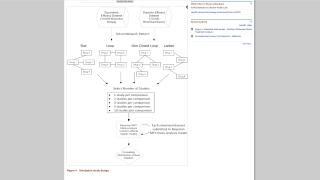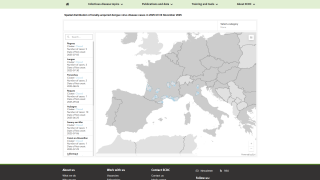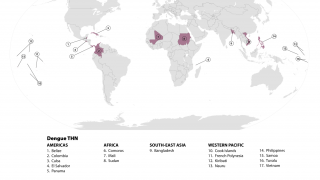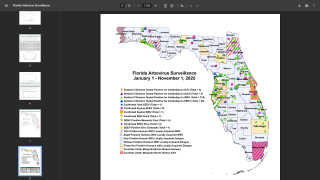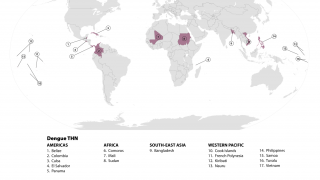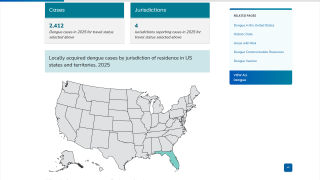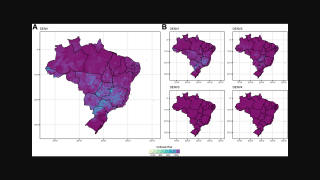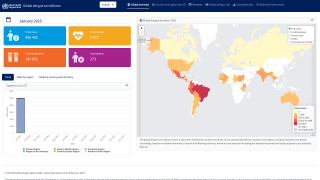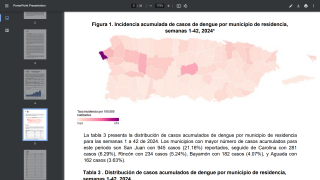Dengue Outbreak Alert Issued for the U.S.
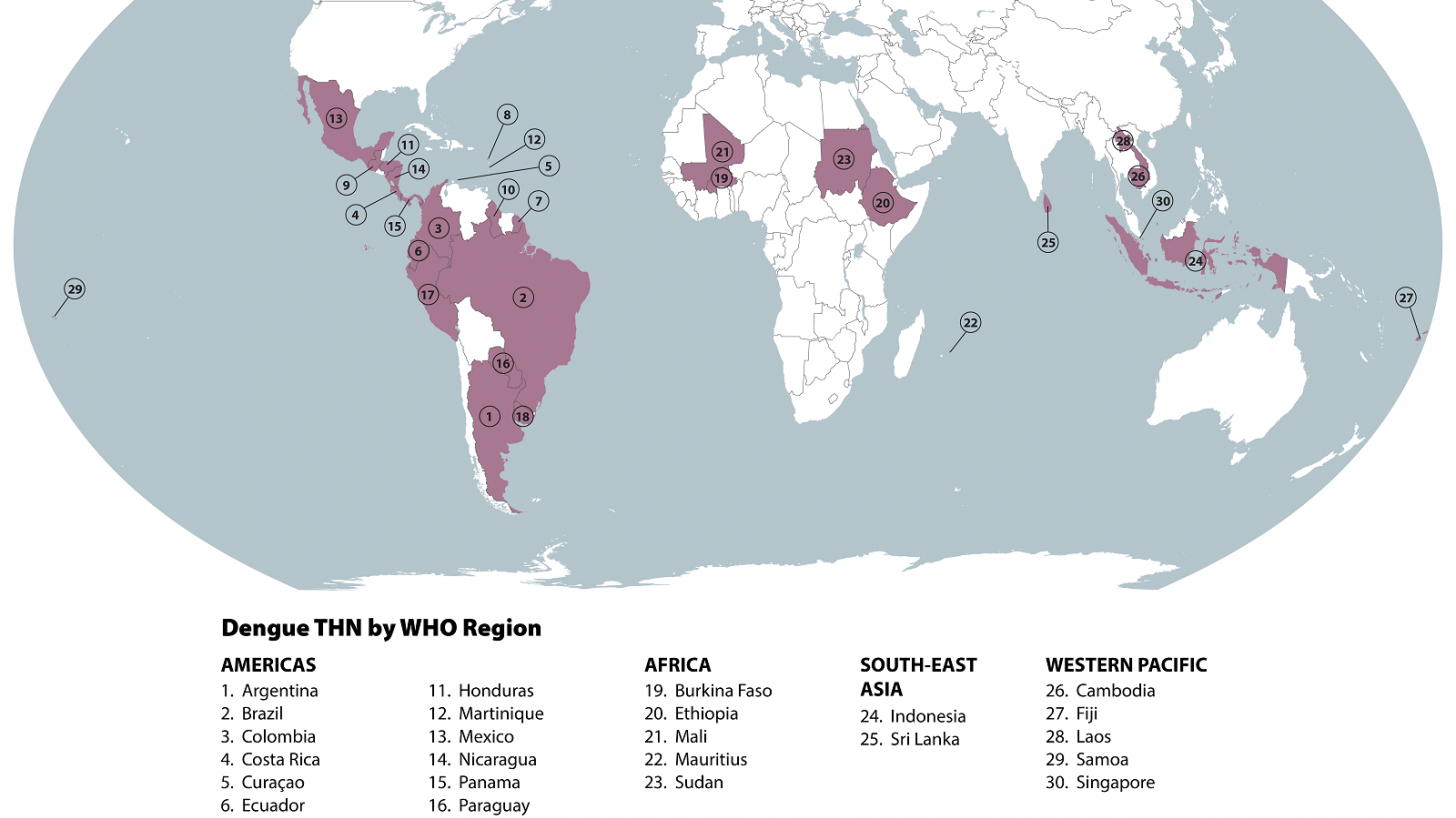
According to the Centers for Disease Control and Prevention (CDC), the global incidence of dengue this year is the highest in recent history, with about 100 countries reporting higher-than-usual dengue case numbers.
For example, in the Region of the Americas, more than 9.7 million dengue cases have been reported this year, twice as many as in all of 2023.
While the CDC has previously issued Level 1 Travel Health Advisories for dengue outbreaks, today's Health Alert Network (CDCHAN-00511) Health Advisory is notifying healthcare providers, public health authorities, and the public of an increased risk of dengue virus (DENV) infections in the United States in 2024.
In the U.S., Puerto Rico has declared a public health emergency (1,498 cases), and a higher-than-expected number of dengue cases have been identified among U.S. travelers (745 cases) visiting the San Juan area from January – June 24, 2024.
Additionally, Florida has reported 222 travel-related and eight locally acquired dengue cases in Hillsboro, Miami-Dade, and Pasco counties.
And the Texas Department of State Health Services says mosquitoes that transmit dengue fever are found in Texas, with (0) cases reported as of June 15, 2024, but 67 cases were confirmed in 2023.
While Florida provides ample access to dengue testing, public health clinics in Texas have limited capabilities to identify this influenza-like illness.
On June 25, 2024, the CDC advised healthcare providers to order appropriate diagnostic tests for acute DENV infection: reverse transcription polymerase chain reaction and IgM antibody or non-structural protein 1 antigen and IgM antibody tests.
Most people are unaware that dengue infections can become severe within a few hours.
Severe dengue is a medical emergency, usually requiring hospitalization. In some severe cases, the dengue fatality rate is high.
Furthermore, providers should have increased suspicion of dengue among people with fever who have been in areas with frequent or continuous dengue transmission within 14 days before illness onset.
These areas include but are not limited to, Mexico, the Caribbean, Brazil, and Costa Rica.
The CDC says there are no antiviral medications approved to treat dengue.
From a prevention perspective, the CDC's Advisory Committee of Immunization Practices recommended in June 2021 the Dengvaxia vaccine for older children with laboratory confirmation of previous DENV infection and living in areas with frequent or continuous dengue transmission, such as Puerto Rico.
Unfortunately, Dengvaxia's manufacturer has discontinued production, citing a lack of demand. Vaccinations will continue in Puerto Rico until available doses expire in 2026, says the CDC.
However, Takeda GmbH's QDENGA® is a two-dose vaccine that prevents dengue fever and/or severe dengue caused by any of the four serotypes of the dengue virus. And it does not require pre-admission testing.
QDENGA is available in various countries as of June 25, 2024, but not in the U.S.
Our Trust Standards: Medical Advisory Committee



